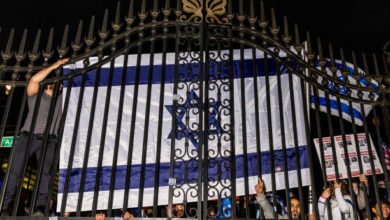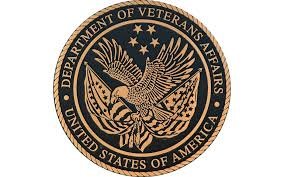Saints Andrew Kim Tae-gŏn, Paul Chŏng Ha-sang, Korean Seeds Of New Life
These martyrs also demonstrate that the biggest threat to China, Europe or any totalitarian government is not the United States, but Christianity…
Saints Andrew Kim Tae-gŏn, Paul Chŏng Ha-sang, and nearly 10,000 other Korean Martyrs, mostly laynpeople, were killed in Korea for their faith during the 19th-century persecutions of Catholic Christians. Andrew Kim Tae-gon is the first native-born Korean priest, and is patron saint of Korea.

Today, we venerate 103 of these Koreans who have been declared saints. Together with the saints we have honored year-to-date and the ones we shall be honoring the rest of the year not only give further credence to the fruitfulness of faith in the face of persecution, but as Tertulian said: “We spring up in greater numbers the more we are mown down by you: the blood of the Christians is the seed of a new life.”
These martyrs also demonstrate that the biggest threat to China, Europe or any totalitarian government is not the United States, but Christianity. The Catholic Catechism makes it clear: “There is no authority except from God, and those authorities that exist have been instituted by God” (Rom 13:1). Every human community needs an authority in order to endure and develop. (CCC 1919). “The political community and public authority are based on human nature and therefore belong to an order established by God” (GS 74 § 3).(1920) Authority is exercised legitimately if it is committed to the common good of society. To attain this it must employ morally acceptable means. (1921) The diversity of political regimes is legitimate, provided they contribute to the good of the community. (1922) Political authority must be exercised within the limits of the moral order and must guarantee the conditions for the exercise of freedom. (1923)
From 1392–1897, the Great Joseon Dynasty ruled all of what is today North and South Korea. Though shamanism and Buddhism were among the religious beliefs of Koreans during that period, Confucianism was the main philosophical, ethical, and political system. Within that system, a clear hierarchy was established within the family and social structures, with the king on top. This class system was at the heart of their culture. Ancestors were also highly honored and even ritually worshiped, and various human virtues were emphasized, studied, and fostered. Christianity was for sure an anathema.The first Christians in Korea were baptized by invading Japanese soldiers in the late 1500s. By 1777, several Christian texts made their way to Korea. When a missionary priest visited the country more than a decade later, he found 4,000 Christians living without the sacraments for they had never seen a priest before.
The Korean monarchy, not unlike other authoritarian governments, feared Christianity and repressed it with several violent persecutions between 1791 and 1866. Andrew’s parents were converts to the faith, and his father, grandfather, and several uncles were executed for it. Andrew’s mother was left destitute and had to rely on begging for survival.
According to Faith ND, Andew was baptized at the age of 15, and soon after left for Macao, China to enter a seminary. After further missionary work, he was ordained a priest and returned to Korea to minister and evangelize. Two years later, at the age of 25, he was captured as he made his way along the Korean shoreline to find safe and secret passages for other missionaries. He was tortured and beheaded on September 26, 1846.
Chong Hasang was the son of converts to Christianity and though several members of his family were martyred, he also sought the faith. He took a job serving a government interpreter, which allowed him to travel to Beijing. There, he asked the bishop to establish a diocese in Korea and send priests, which happened in 1825.
As a lay leader and married man, Paul advocated for Christians to the Korean government. When another persecution broke out, he was arrested and tried, was tortured, then placed on a cross and died. His mother, Cecelia Yu Sosa, was also martyred that same year from injuries following repeated whippings.
May the blood spilled by our Korean brothers and sisters continue to be the seed of a new life.
Agree/Disagree with the author(s)? Let them know in the comments below and be heard by 10’s of thousands of CDN readers each day!




